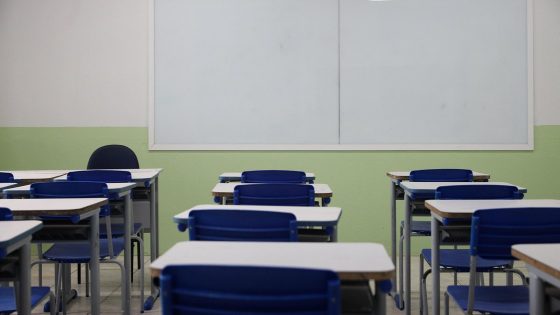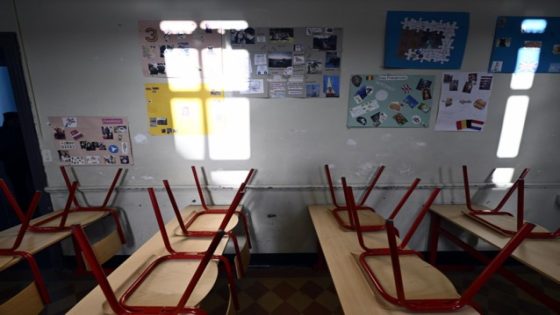On February 22, 2025, the Cpers union requested the suspension of classes in Brazil’s state schools due to a heatwave expected from February 24 to 28. With around 700,000 students already back in school since February 13, the union’s appeal raises questions about student safety amid extreme weather conditions.
- State school year began on February 13.
- Cpers requested class suspension due to heat.
- Meeting held regarding heat wave concerns.
- Seduc to discuss with Cpers soon.
- Schools advised to adapt activities accordingly.
- Recommendations include hydration and schedule adjustments.
Could this heatwave impact the learning environment? As temperatures soar, the Cpers union is advocating for measures to protect students and staff alike.
Why Cpers is Urging Class Suspension Amid Heatwave Concerns
As temperatures rise, why is the Cpers union pushing for a halt to classes? The concern stems from the potential health risks posed by extreme heat for students and teachers. With a significant number of students returning to school, the union believes that immediate action is necessary to ensure their safety.
Key Recommendations for Schools During the Heatwave
In light of the heatwave, the state education department has issued several recommendations to schools. These guidelines aim to adapt to the rising temperatures while maintaining a safe learning environment.
- Adjust school hours to avoid peak heat times.
- Replace outdoor physical activities with indoor alternatives.
- Evaluate and modify outdoor lesson plans to ensure student safety.
- Increase access to hydration and adjust school meal menus.
How Schools Can Prepare for Extreme Heat Events
Schools can take proactive measures to ensure student well-being during heatwaves. By adjusting schedules and activities, they can minimize exposure to high temperatures. This includes shifting outdoor classes to cooler times of the day and providing ample water breaks.
Importance of Communication Between Schools and Parents
Effective communication between schools and parents is crucial during extreme weather events. Schools should keep families informed about any changes to schedules or safety measures. Parents, in turn, should prepare their children for potential heat-related challenges.
Potential Impacts on Student Learning and Health
Extreme heat can significantly affect student learning and health. High temperatures can lead to heat exhaustion, decreased concentration, and overall discomfort. Ensuring a safe and conducive learning environment is essential for student success.
In conclusion, as Brazil faces a heatwave, the Cpers union’s request for class suspension highlights the importance of student safety. Schools must adapt to these challenges to ensure that education continues without compromising health.
































